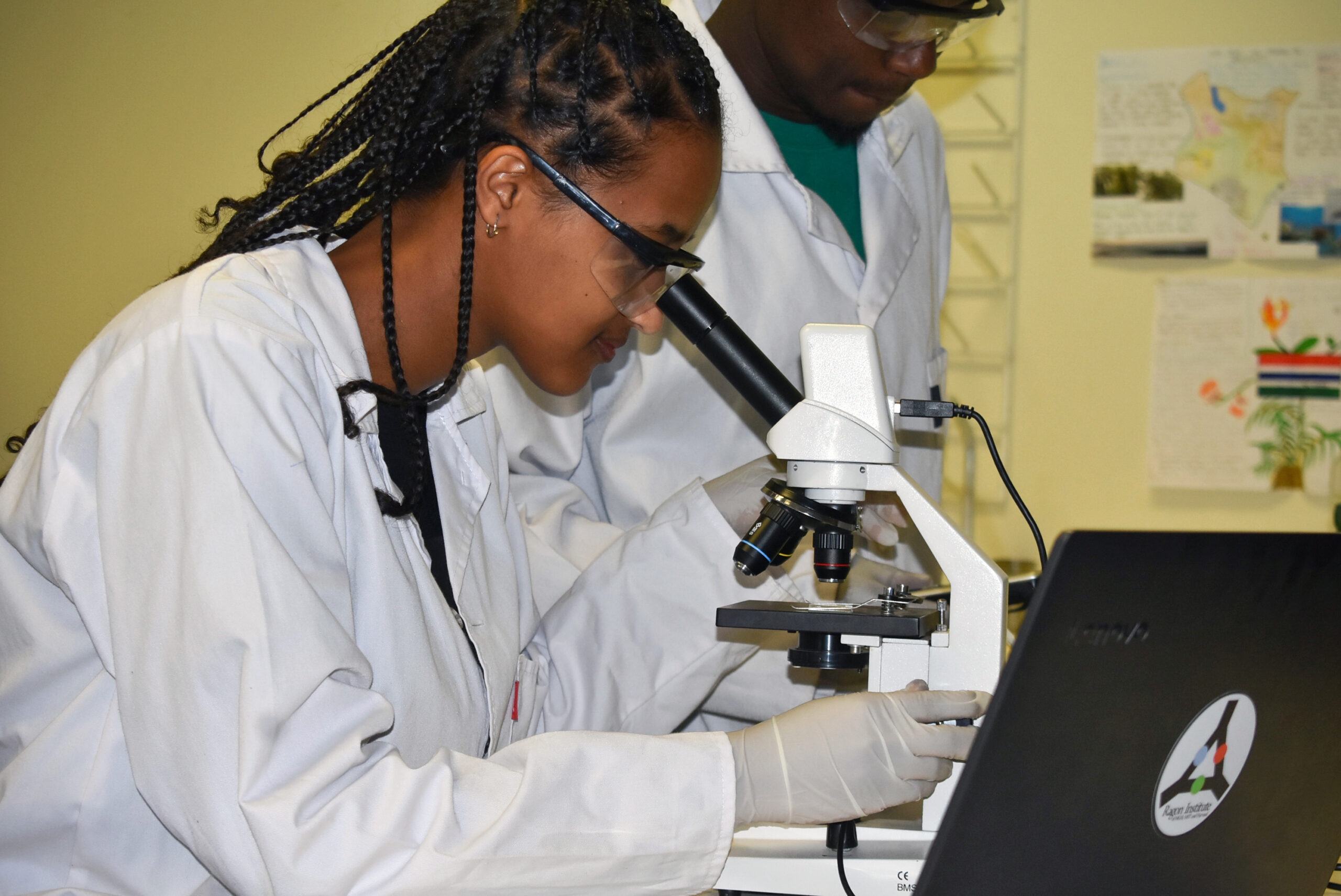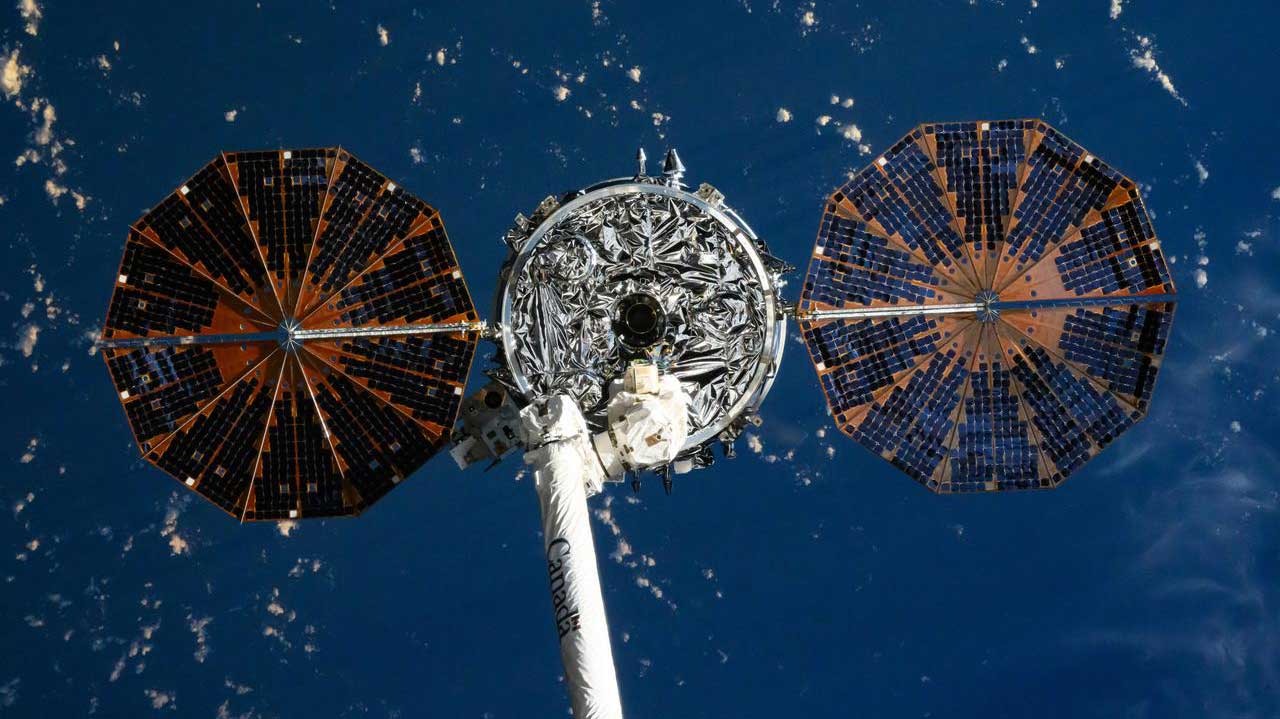No one is born a world-class scientist. Instead, their skills are built through years of education, networking, consulting, and working in laboratories or in the field.
That is the main insight behind the non-profit organization Future African Scientist, which seeks to develop the scientific potential of the continent by providing African students and early career scientists with the support they need to conduct research. world-renowned problem solvers. in their own villages and beyond.
Future African Scientist, or FAS, partners with leading scientists and institutions around the world, including MIT, to provide education, training, networking events, and other research-related programs. of science and business. Most importantly, graduates of FAS programs connect to a network of scientists who help them match jobs, internships and other learning opportunities.
“Our programs aim to democratize access to scientific education and create a new wave of scientists who will study African problems not only to publish papers, but also to translate research into useful products and policies ,” says FAS co-founder Martin. Luboa.
At the core of FAS is a belief in the power of communication to advance scientific understanding. Perhaps it is no surprise that FAS began with a relationship between two people from different walks of life during the MIT program.
From roommates to co-founders
In 2020, Daniel Zhang ’22 participated in Professor Bruce Walker’s HST Biology lecture. 434 (Evolution of an Epidemic) as part of the MISTI Global Classroom during MIT’s Independent Activities Period (IAP). This course immerses students in the South African community to teach them about the AIDS epidemic from the perspective of doctors, researchers, policy makers, and local women who are infected.
The IAP was the first year the group brought together MIT students with students from the African Leadership Academy, which seeks to build leadership skills in young Africans. Zhang’s roommate was Martin Lubowa.
“Martin and I bonded immediately despite coming from completely different cultures and backgrounds,” says Zhang. “We shared interests in education, mentoring and sports.”
Despite waking up early every day for class, Zhang and Lubowa talked late into the night. Much of their discussion focused on the difference in STEM opportunities between US students and African countries. They also discuss the importance of STEM in economic development and finally point to the lack of mentoring programs as the main problem. They decided to find a Future African Scientist to fill those gaps.
With support and encouragement from Walker, the two kept in touch after class and turned their attention to providing university and high school students in Africa with first-hand advice and expertise. critical thinking that would enable them to do independent research projects.
In January 2022, they organized their first training camp for students across Africa. The bootcamp consisted of hands-on learning, lectures by leading African scientists, mentorship opportunities, and a capstone project that challenged students to apply what they learned.
“We didn’t want to give them research skills, but also business skills and interpersonal skills to put them in the position of scientific entrepreneurs,” Lubowa said.
After receiving positive feedback and learning more about the skills students need, the founders expanded the structure of FAS.
Today, the same camp on basic research skills serves as the first phase of the four-part FAS Africa Science Research Academy. The second step is a data-driven research project that exposes participants to working in a laboratory. The third level teaches skills including business, leadership, financial literacy, and financial management. The final category, the Africa Science Opportunity Network, is available to FAS students for life and is designed to connect participants with internships, job opportunities and other research projects.
“What makes us different from most research training programs in Africa is that we are open to anyone who wants to know,” Lubowa says. “Most of the programs on the continent are focused on MDs who are already practicing, or PhDs, which is a bit unfair to people who are curious, but they don’t have the right platform to transfer that curiosity for meaningful experiences.”
To date, more than 100 students and young professionals have gone through the FAS program. Students come from more than 30 universities and 15 countries. FAS has also partnered with 10 medical student organizations that have helped grow the network to more than 100,000 students across the continent. FAS is also in discussions with organizations such as the African Microscope Initiative, which has volunteered to recruit FAS graduates for specialized bioimaging training, as well as with African governments to develop development programs that could serve as alternatives. of MD and PhD programs.
“We see Africa changing from just being a beneficiary of the global scientific community to a contributor,” says Lubowa. “That means we can help the US and other Western countries solve their problems. The issue now is to give people the skills they need and to change their thinking so that they understand that they can do things growth, and that in the end, they will not only produce knowledge, but also create businesses that deal with some of these challenges within the country and beyond.”
To meet the needs of the continent
In 2022, two students from the Association of Mbarara University Pharmaceutical Sciences in Uganda studied the basics of business through FAS programs. They are about to sell their research on locally made mosquito repellents. In the same year, a Cameroonian FAS undergraduate student placed third in a national science competition despite going up against PhDs. His research was the first diagnosis of pancreatic cancer.
Lubowa says: “One of the goals of the Future of African Scientists is to develop a sustainable environment where apart from education, there is a science industry in Africa.”
In addition, FAS is interested in opening up its laboratories to expand access to equipment, and the FAS team has already spoken to companies that exchange old medical and laboratory equipment to help improve the facilities at the facilities. Africa.
“Our long-term plans include creating general-purpose, open laboratories where students across Africa can go to learn how to do practical science,” Lubowa says.
Through all work, FAS seeks to empower Africans to become a global scientific force for good.
“We have a population of 1.2 billion people in Africa, but we only have 198 scientists per million people. The US has more than 4,000 scientists per million people,” Lubowa said. we. “Africans also have a huge disease burden, so we really need to rethink how we’re training scientists, and it all goes back to these support systems. I really think that we can change the state of science in Africa.”
#Empowering #generation #African #scientists




